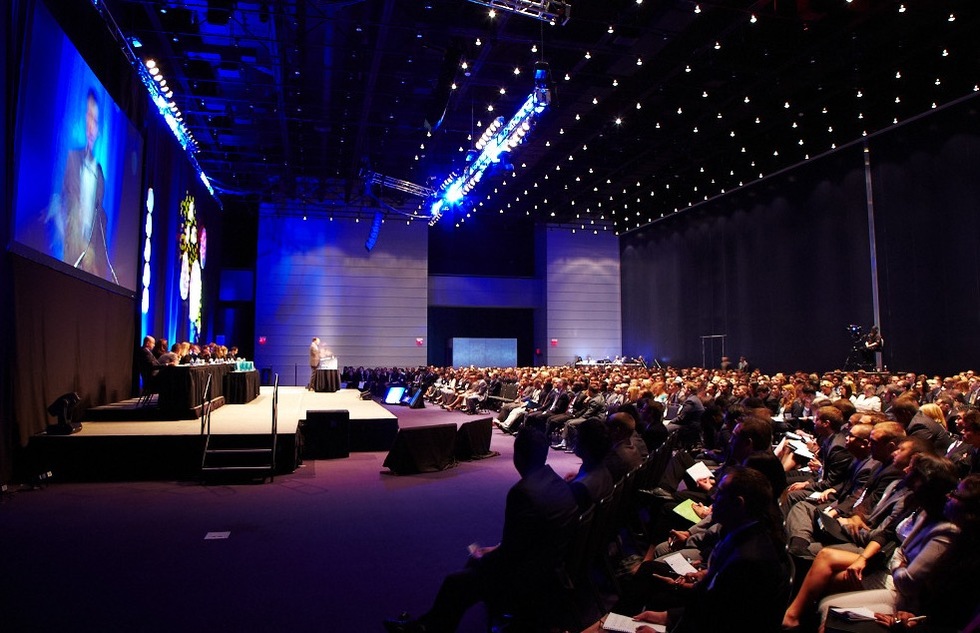My good friend K is a brain tumor specialist. She's invited to speak at conferences across the globe, and has done so without incident...until this past spring.
She was working in her office when an unexpected call came in from an agency called Exhibition Housing Services purporting to be booking hotel rooms on behalf of the conference organizers. To reserve her room, she’d need to fill out a form with her personal information and a credit card number. The "agent" gave advice on what date it would be best to check in, based on her speaking schedule, and the schedule of the various seminars. The caller said he’d send her a link with the form, and a few minutes later it came through.
At that point, K had second thoughts. She hadn’t heard from the people running the conference that she'd be receiving a call from this agency. So she called back the number the "agent" and had given her. It was immediately answered by another employee with the words "This is Exhibition Housing Services." The "agent" then proceeded to answer all of K's questions in a professional and convincing manner.
K filled out the form and sent it in.
Several months later, much to her dismay, K got an email from the conference organizers warning her to beware of a scam being perpetrated on attendees. A fake travel agency was stealing credit card numbers and siphoning off the money that would have gone to a hotel booking—several hundred dollars. It wasn’t clear whether the fraud would stop with that amount. K immediately alerted her credit card company and canceled her card.
This type of scam is increasingly common and it’s not hard to see why. In order to attract participants, conference planners regularly post the names of speakers and attendees on their websites, along with their affiliations and the complete schedule for the gathering. The level of detail makes it simple for scammers to convince conference attendees they’re part of the event.
And these scams are just the beginning. Here are some other common scams that afflict both conference goers and leisure travelers:
* The fake take-out menu under the door. You think you’re ordering a late-night snack for less than room service would charge. Sorry, that menu is a con. Instead, when you call the number on it, you’re handing off your credit card info to someone who’s going to make as many purchases as possible before you realize that the food never arrived.
* Bogus calls from the front desk requesting your information again. This is another type of fishing. Criminals randomly call rooms in a hotel, often late at night so that they can get their victims when they’re not thinking straight, claiming to be the front desk. They then tell the traveler that the computer system has crashed, and that they need their information again….including credit card numbers. Should this ever happen to you, hang up and call the front desk directly.
The bottom line: If something seems fishy, take a moment and check it out. Unfortunately, travelers are being targeted more and more regularly, and technology is making it easier than ever for scammers to sneak into your wallet.
Destinations
Trip Ideas
Tips & News






